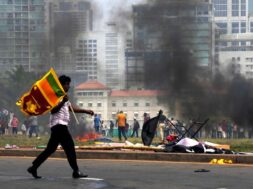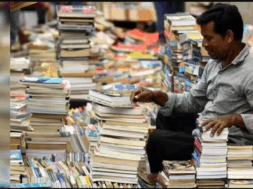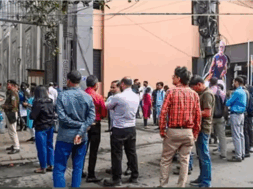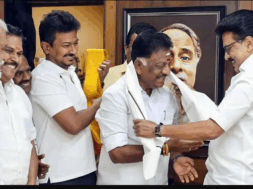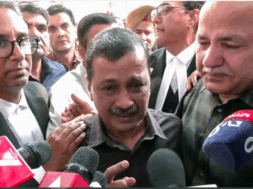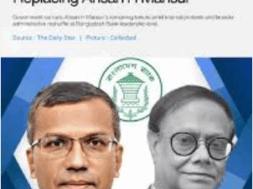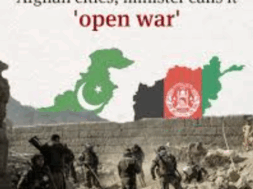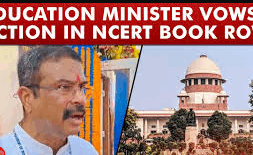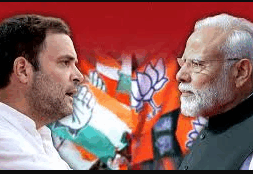
The World Bank Denies New Fund to Sri Lanka, Financial Crisis Expected to Surge
New Delhi: The financial instability in the island country Sri Lanka, may surge to a new level in the coming few days as the world bank has denied new funds to the Colombo government. “The World Bank will not release any fresh funding to Sri Lanka unless the nation does not undertake deep structural reforms,” said the World Bank on Friday.
“Until an adequate macroeconomic policy framework is in place, the World Bank does not plan to offer new financing to Sri Lanka. Island country requires deep structural reforms that focus on economic stabilization, and also on addressing the root structural causes that created this crisis to ensure that Sri Lanka’s future recovery and development is resilient and inclusive,” the global lender said in a statement.
The World Bank supports other essential services in Sri Lanka – like school meals, waivers in fees, and medical support, but has set a condition for funding. The World Bank’s statement came after the global lender had already diverted $160 million in fresh funds to meet the nation’s dire requirements.
According to the media report, Sri Lanka’s headline inflation reached a record high due to continued food and fuel shortages and low foreign exchange reserves.
The official statistics released on Friday show consumer prices in the nation’s capital, Colombo, jumped 60.8% from a year ago.
Meanwhile, Sri Lanka’s new President, Ranil Wickremesinghe, who took office in July, is claiming to have “provided relief to the citizens of the country who are struggling with the economic crisis.” In a series of tweets, the new Lankan President said “negotiations with the International Monetary Fund (IMF) are nearing conclusion, and discussions with donor countries are also progressing.”
Sri Lanka defaulted on $51 billion of foreign debt in April, causing an unprecedented economic downturn. The nation’s foreign exchange went down to the point that it isn’t able to finance the most basic imports, pushing millions into food, fuel, and a shortage of necessities, including fuel and electricity.
Following the dire consequences that its 21 million people faced, massive protests inside the presidential palace in Sri Lanka made headlines earlier this month. The protests led the then president, Gotabaya Rajapaksa, to flee the country.
(Vinayak)
